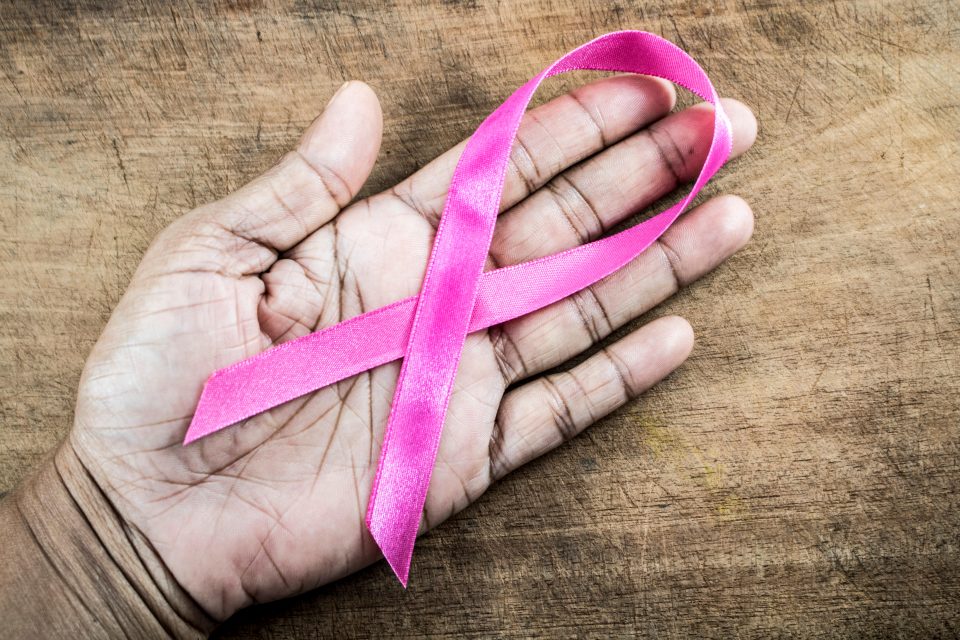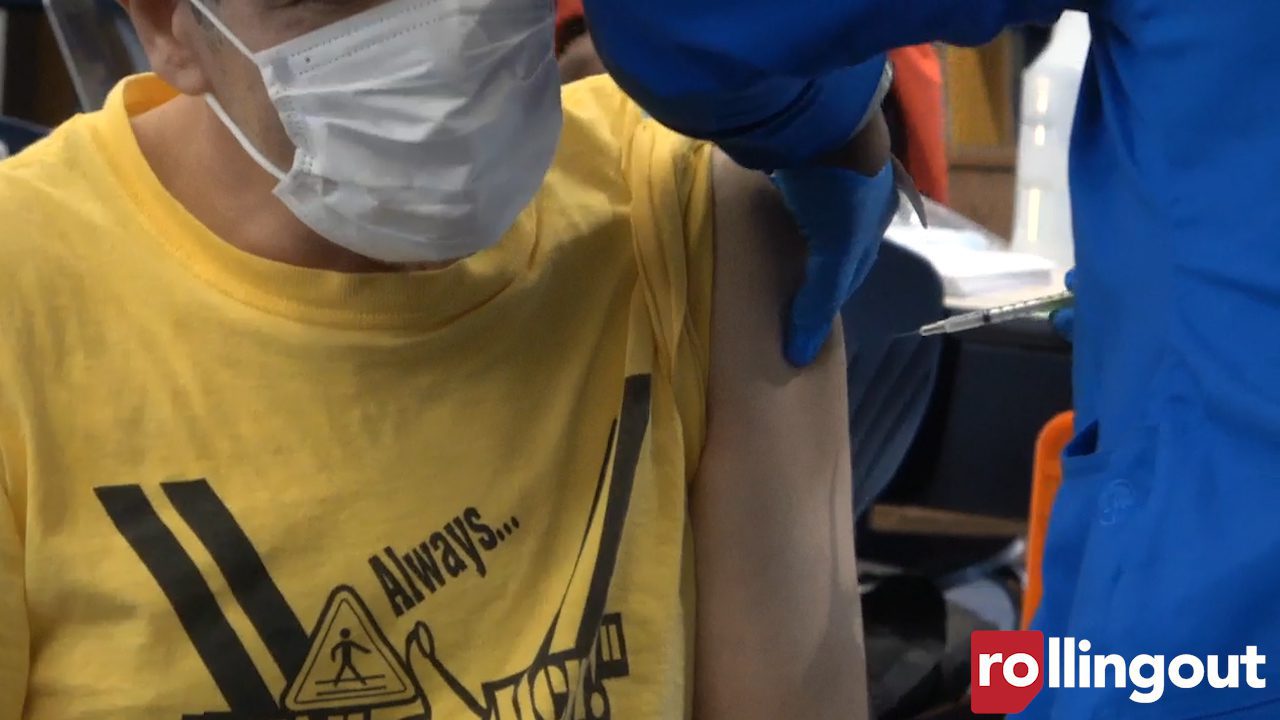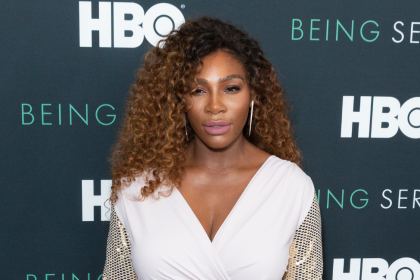
Each year during the month of October we turn our focus to bringing awareness to breast cancer in women, but now with the news of Mathew Knowles‘ diagnosis, we are alarmed by the cases of breast cancer in Black men.
Breast cancer is a disease that primarily affects women and occurs when cells in the breast begin to grow abnormally and form tumors.
Although breast cancer is more prevalent in women, many don’t realize that men can also be diagnosed with breast cancer. Men have a small amount of breast tissue that may swell after puberty. While breast cancer in men is rare, there is a higher mortality rate for men with the disease than women.
According to the New York Times, “Cancer researchers estimate that breast cancer will be diagnosed in 1,500 men this year and that roughly 400 of them will eventually die of the illness.”
We know that there are overwhelming disparities in breast cancer between Black women and white women, but those same disparities exist amongst men.
Marya Shegog, Ph.D., who serves as the director of health programs at the Lincy Institute at UNLV and the assistant professor at the school of public health spoke with us about this issue.
“Oftentimes Black men are diagnosed later and when they are it has already metastasized,” said Shegog.
She expounded on the disparities in medical treatment that Black men receive.
“I believe it’s caused partially by the disparities in health care, access to healthcare and that many clinicians aren’t prepared to diagnose men with breast cancer. Meaning they may not … know the signs. And then when you add some of the symptoms that are seen in men that include discoloration or lumps, clinicians, especially non-clinicians of color, don’t understand, seeing discoloration [in Black and brown] skin.”
When asked about self-testing and prevention for men she shared what she believes is the best method.
“I believe that you should be aware of your familial history,” said Shegog. “If there is something that feels wrong, underneath your nipple or in your breasts, male or female, that is something that you should have explored medically.”
She encouraged that men with a history of this cancer have testing done to know their status. “Certainly men can opt to do genetic testing, especially if breast cancer has occurred in their family and to find out if they are at risk for it,” Shegog explained.”
It is unfortunate that our health care system isn’t fully prepared to diagnose and treat men with breast cancer, and even less for Black men.
















